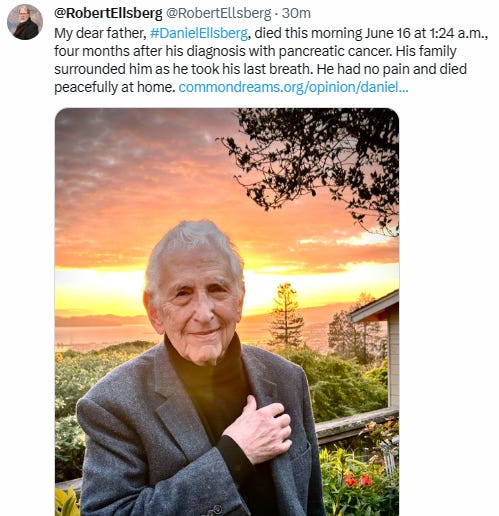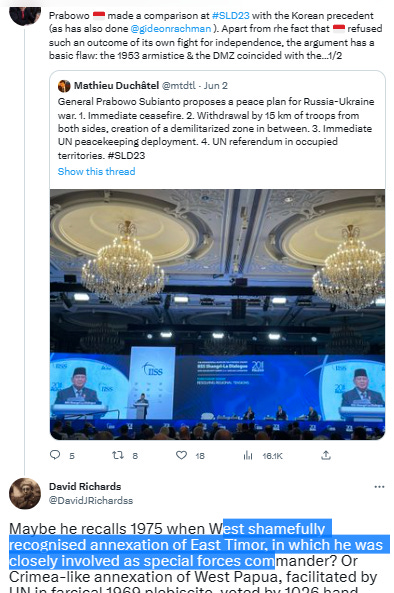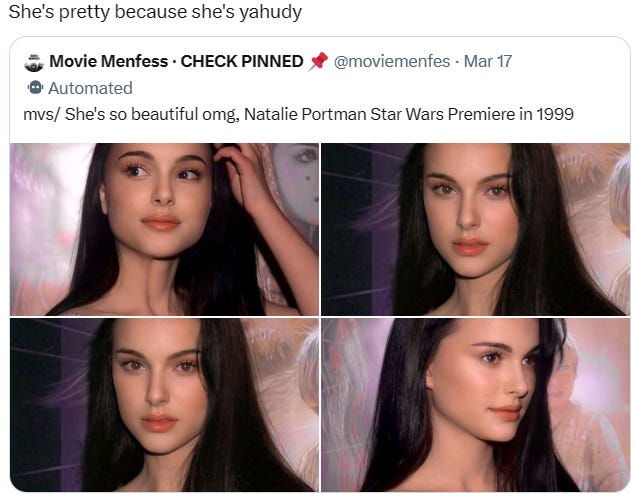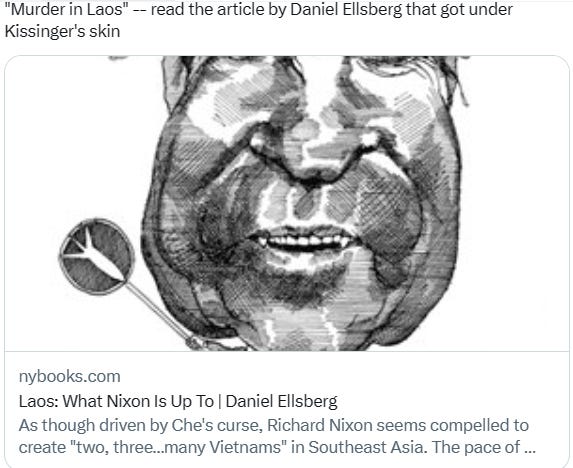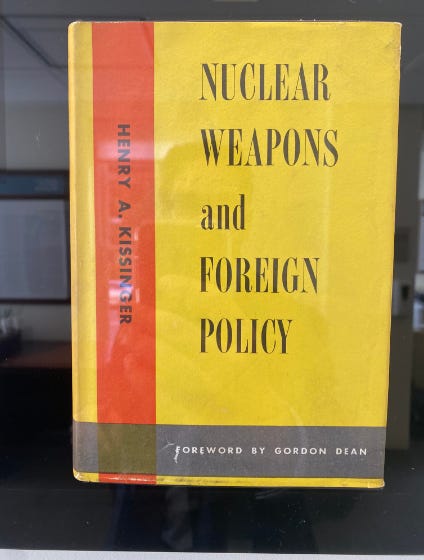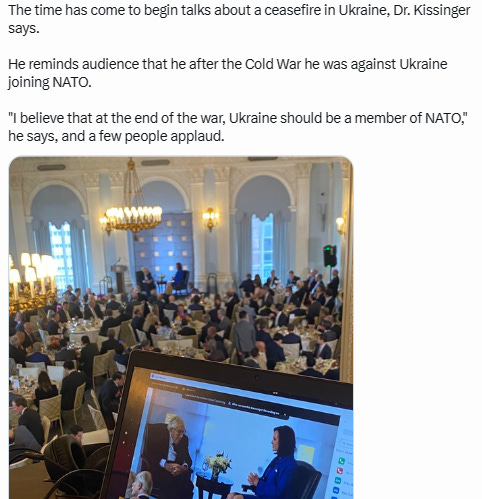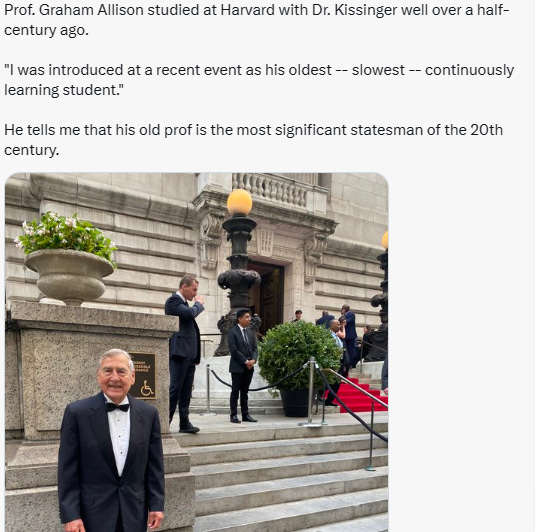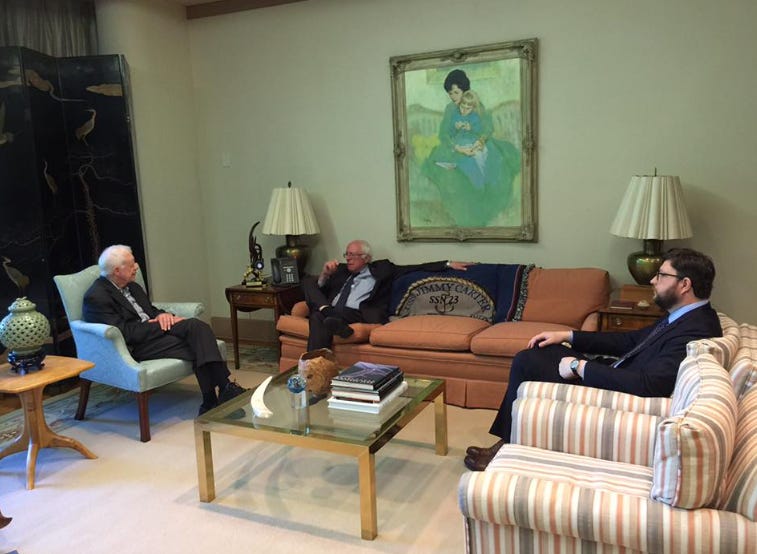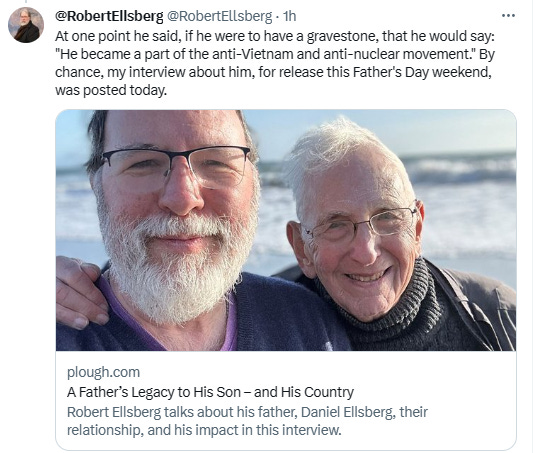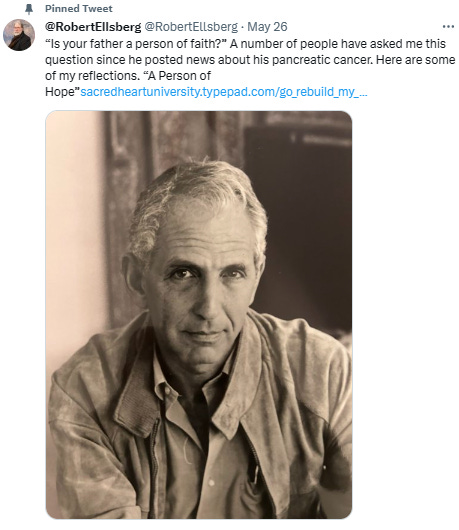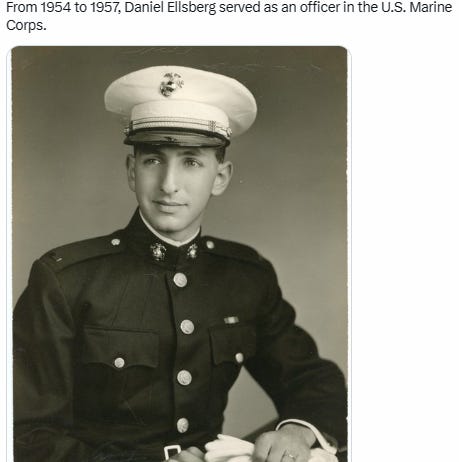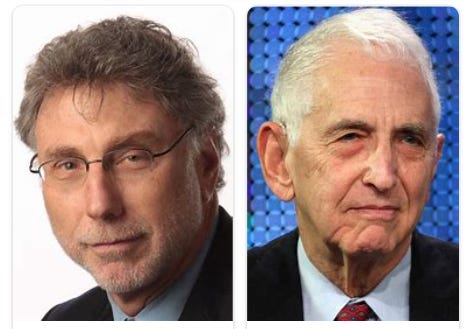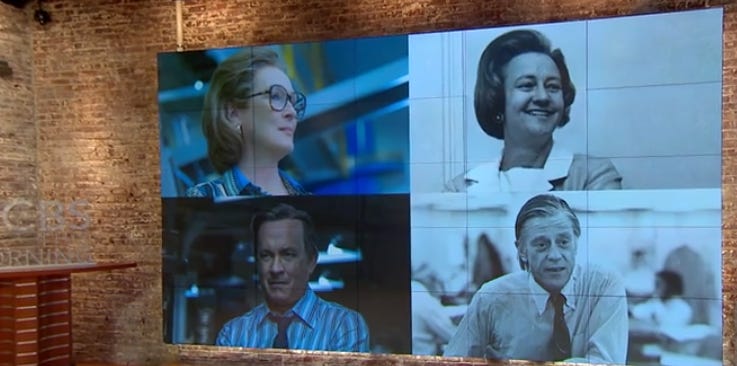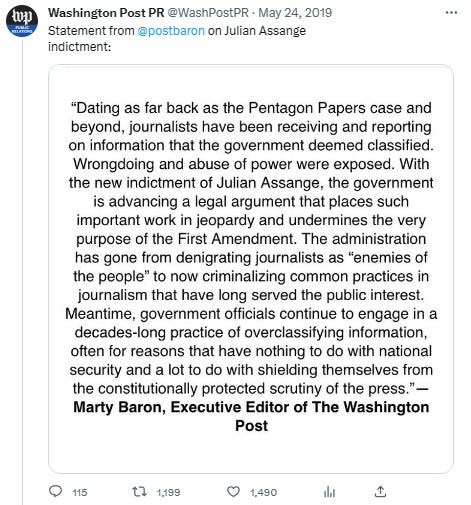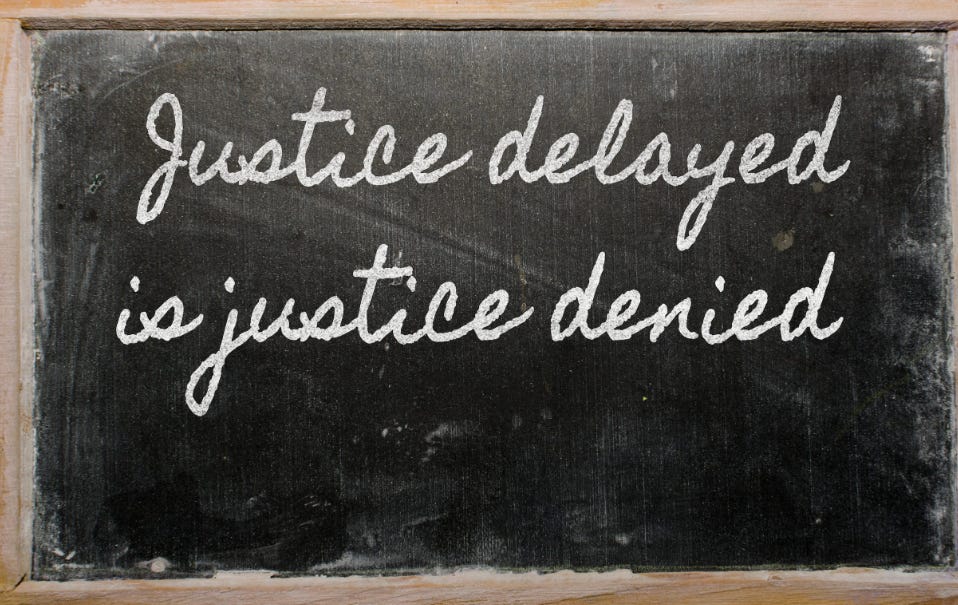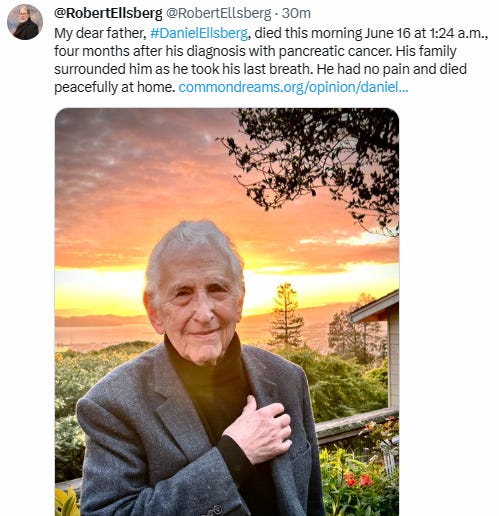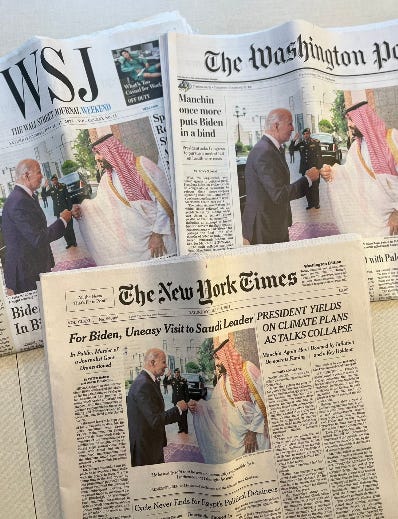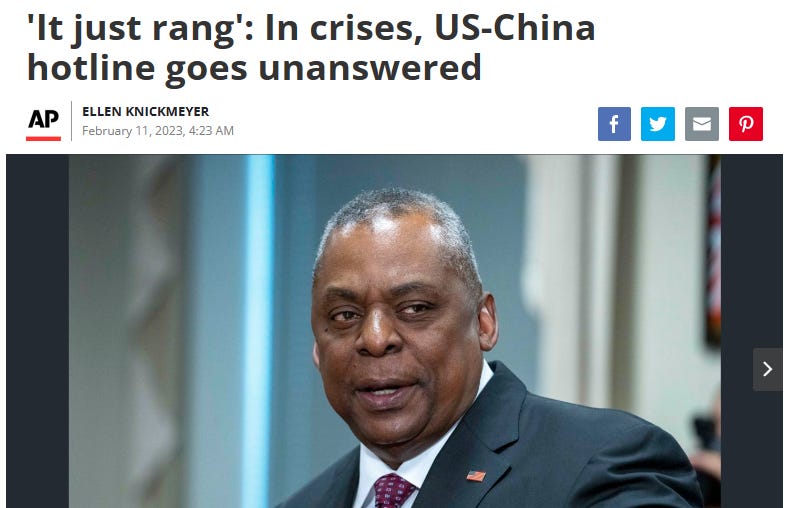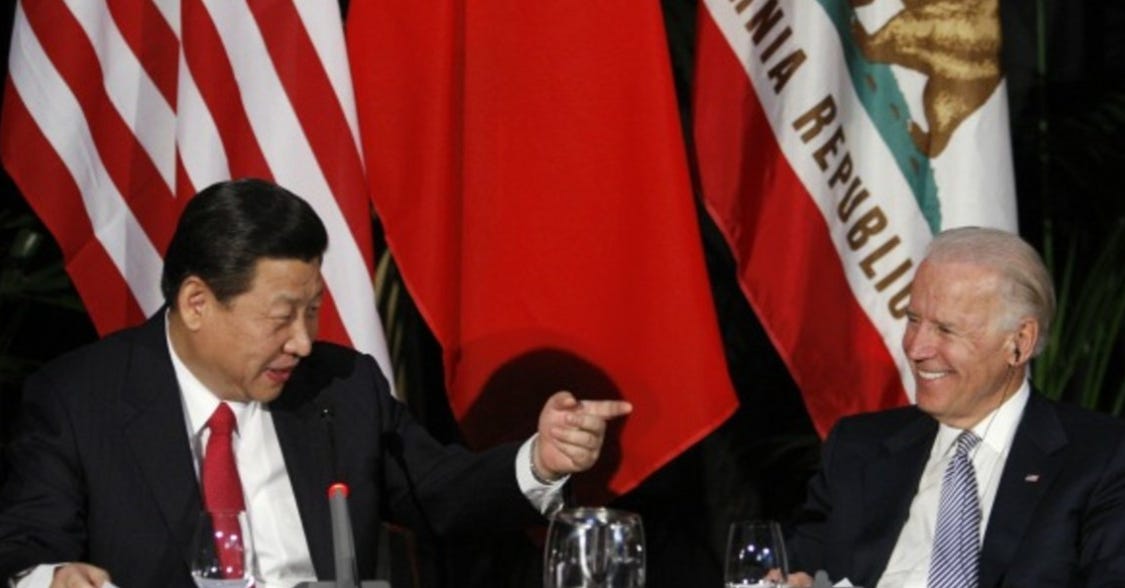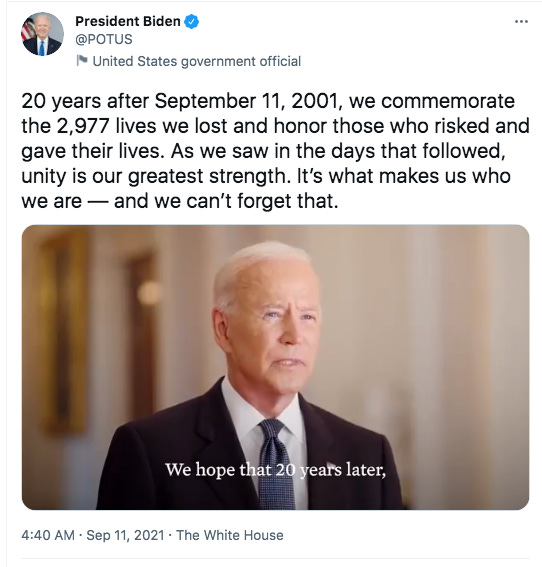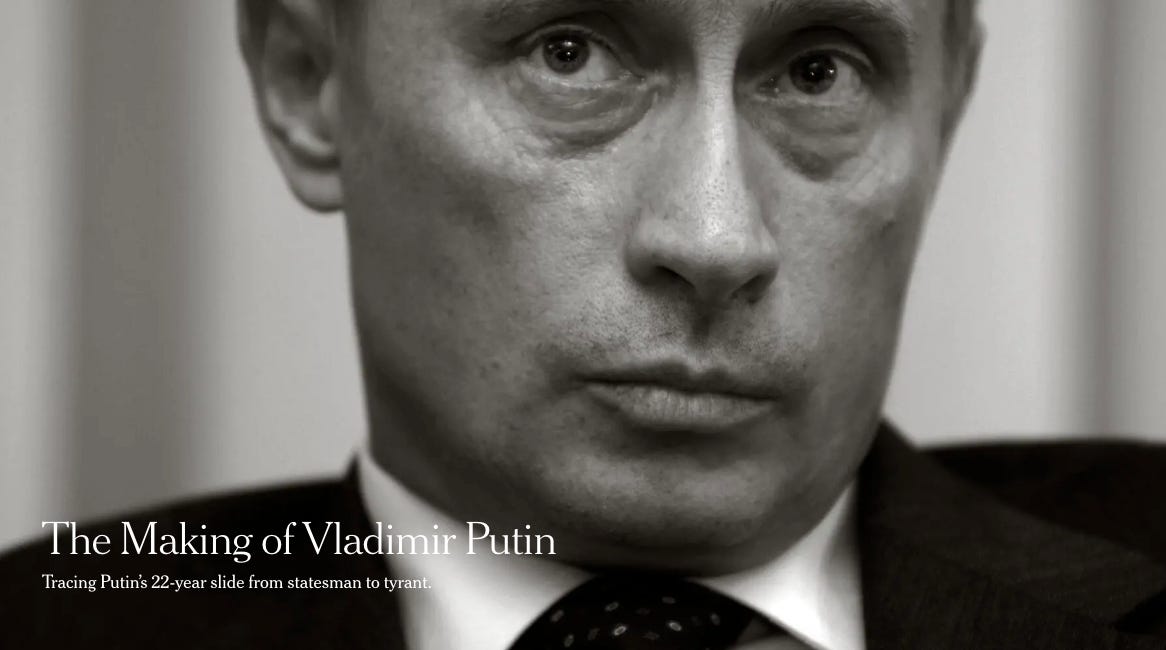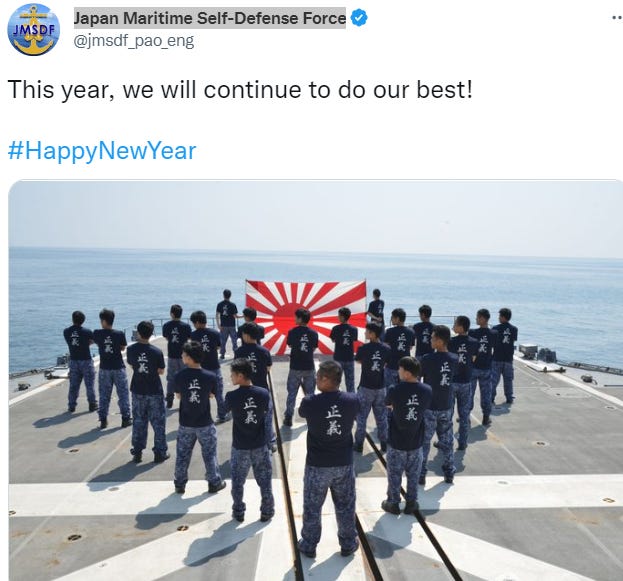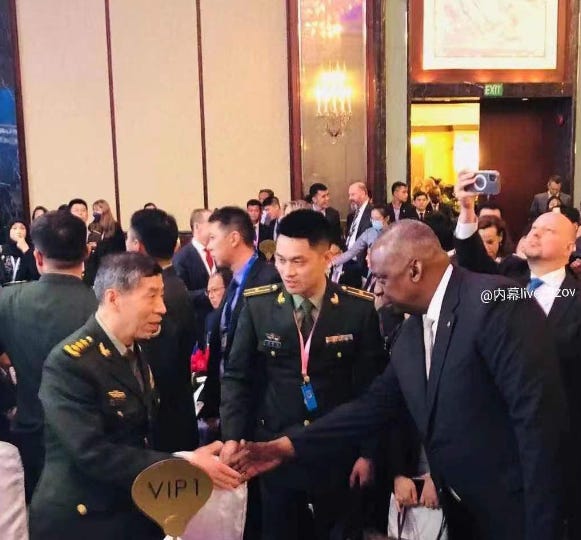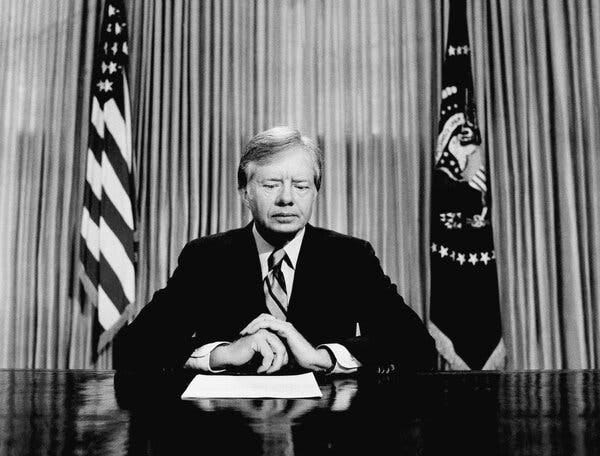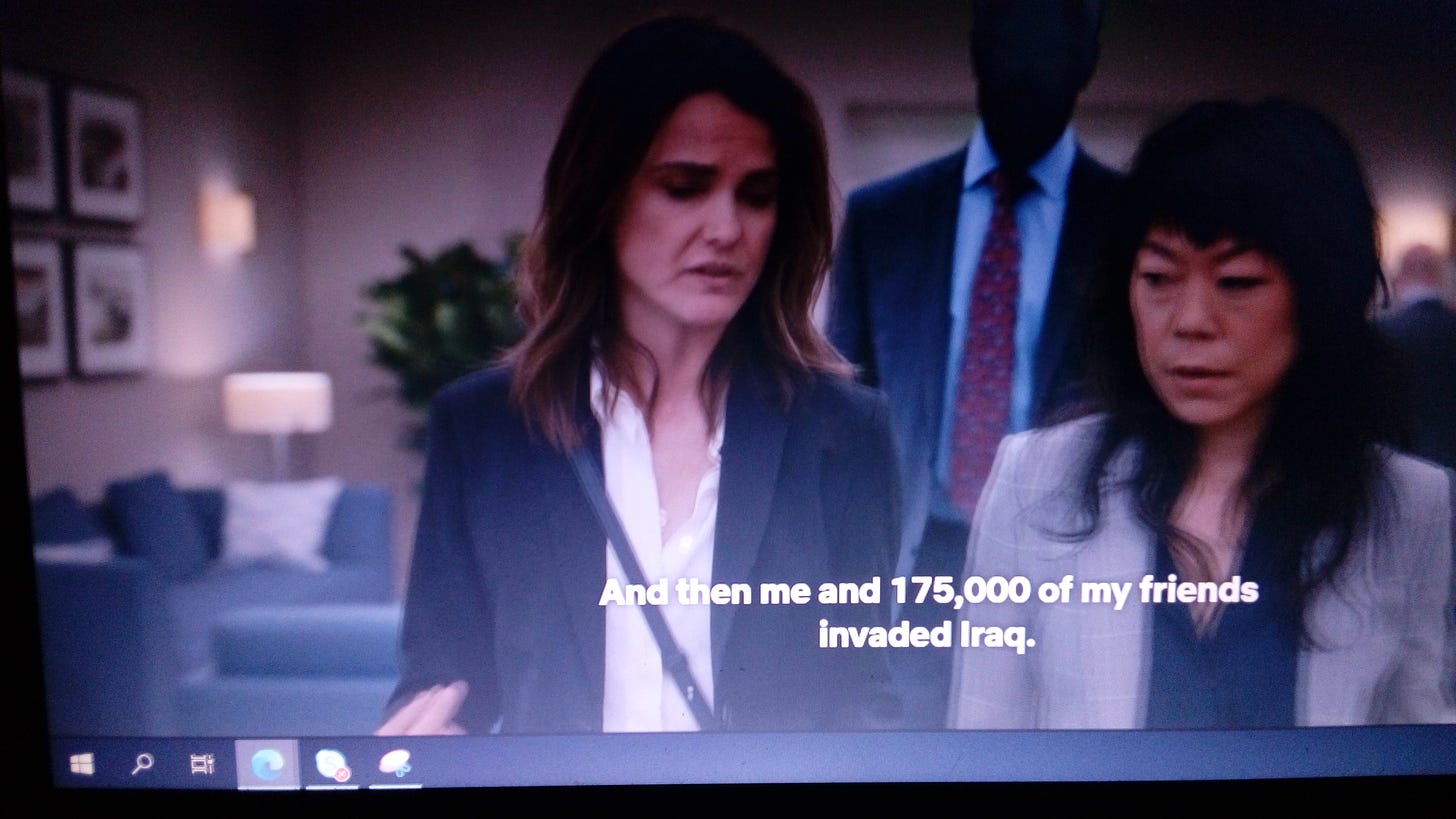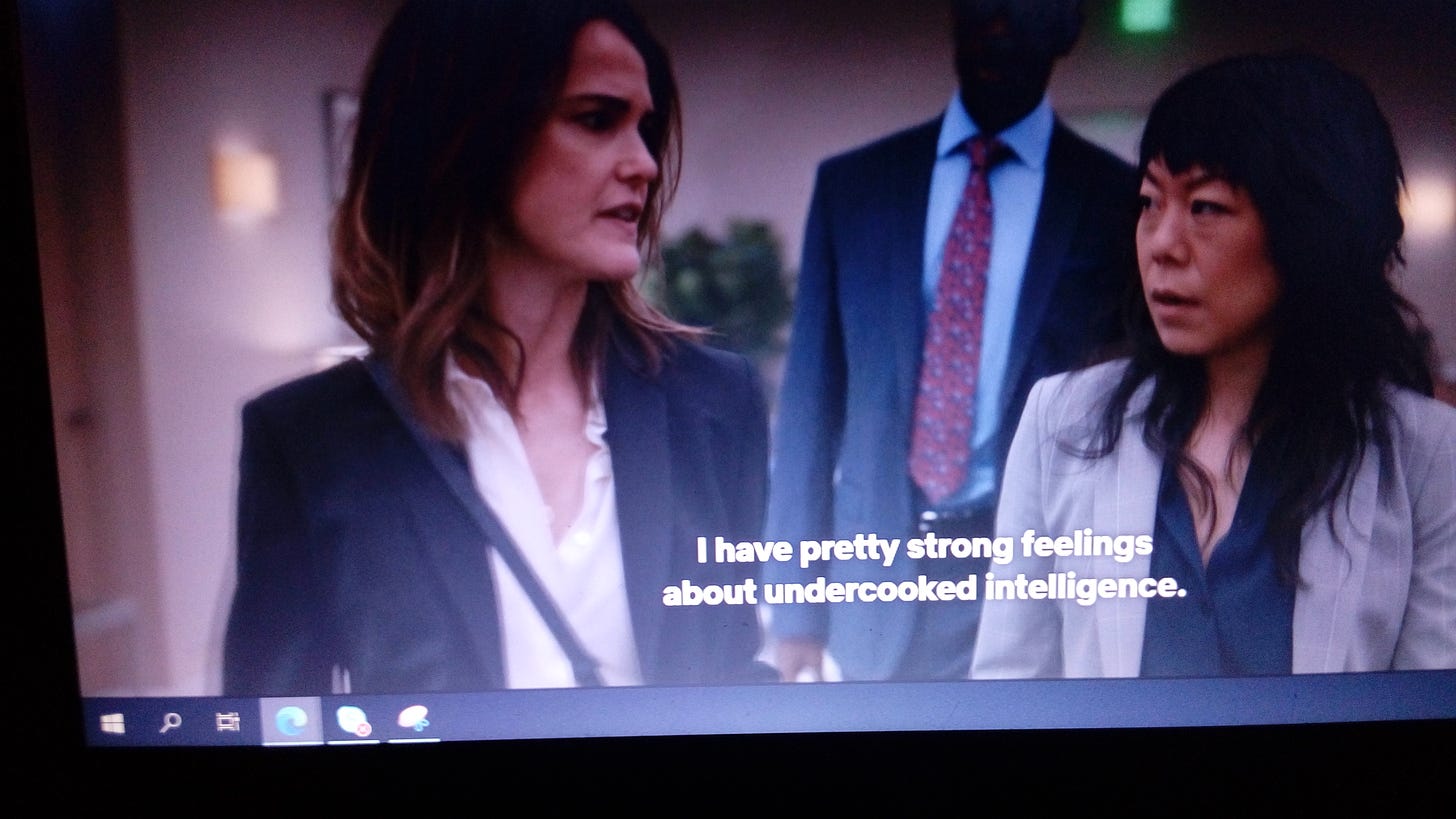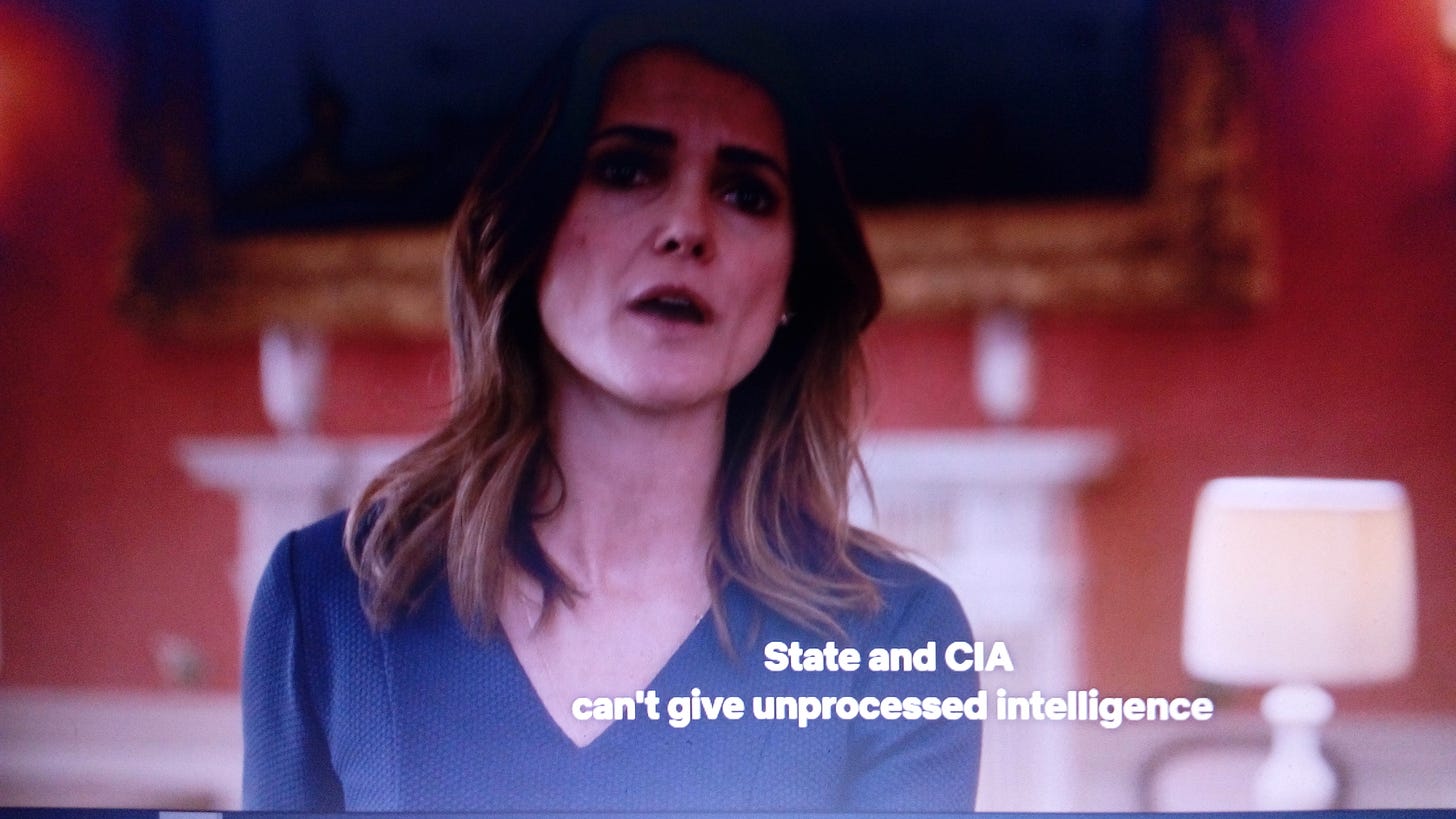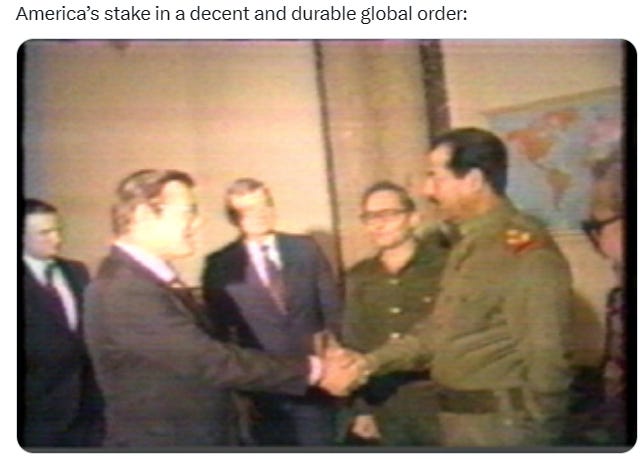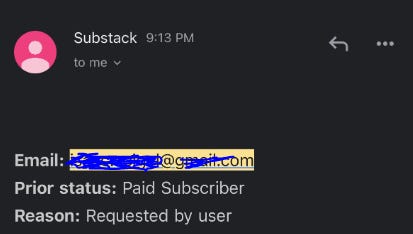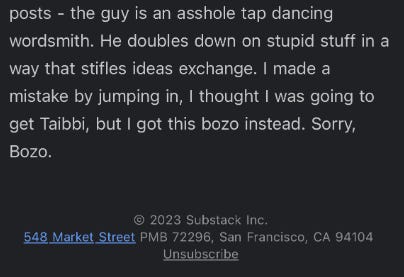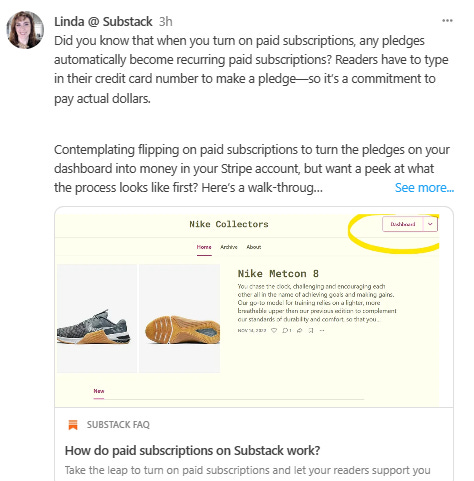Daniel Ellsberg Died: Ardent, Fervent, “Lighthearted Dad”, Really Brave People on Earth, Died 2 Days before Father's Day.
Until today, local & foreign gigantic tobacco companies targeted & dox me, hours ago attacked my colleagues (*companies know my masterpieces to the President). MUST crafted by me to remember Ellsberg.
One of the few really brave people on this earth has left it. (Were) alone vs gigantic superpowers named United States of America, his country itself.
Before Edward Joseph Snowden, was Daniel Ellsberg (before to be leaker, both Snowden and Ellsberg join military, Ellsberg in Marine, Snowden in Army).
Before Julian Paul Assange, was Daniel Ellsberg.
Before Chelsea Elizabeth Manning (born Bradley Edward Manning), was Daniel Ellsberg.
Before Reality Leigh Winner, was Daniel Ellsberg (Reality in Airforce).
Before Seymour Hersh, was Daniel Ellsberg.
When 56th United States Secretary of State Henry Alfred Kissinger was still alive and even got a “gargantuan gala dinner - birthday party” in the NY Public Library last week to celebrate his 100th birthday, Ellsberg died earlier (Friday, June 16th, 2023). Ellsberg dies at 92. In the US, Father's Day is celebrated on the third Sunday of June, so this year June 18th, 2023.
Natalie Portman (born Natalie Hershlag) born in Jerusalem, to Jewish parents with roots in Poland, Austria, and Russia
"Murder in Laos" -- article by Daniel Ellsberg that got under Kissinger's skin. Daniel Ellsberg in 1973: "Kissinger has no originality whatsoever as an intellect. I read all of his writings, since they were within the field that I was working in, and thought of them as extremely derivative." Ellsberg is Ashkenazi Jews, Kissinger is German Jews.
In March 2023, Ellsberg announced that he had inoperable pancreatic cancer. Saying he had been given three to six months to live, he said he had chosen not to undergo chemotherapy and had been assured of hospice care. Yes, already 3 months later, Ellsberg died. Please alongside (died of) Ellsberg, we remember one prolific profile currently in hospice care: Former President James “Jimmy” Earl Carter.
According to Robert Ellsberg, his son “At one point he said, if he were to have a gravestone, that he would say: "He became a part of the anti-Vietnam and anti-nuclear movement." By chance, my interview about him (in PLOUGH), for release this Father's Day weekend, was posted today.” Maybe just hours before Daniel Ellsberg died.
According to Jonathan Guyer from VOX, Gen. David Petraeus, Lawrence “Larry” Summers, Bob Kraft, Michael Rubens Bloomberg, and current CIA Director Burns attended Kissinger's birthday party. The Pentagon gave him a cake the other day.
Daniel Ellsberg wanted Americans to see the truth about war. In an interview before his death, the Pentagon Papers whistleblower urged the media and the government to be more honest about America’s bombing of civilians. Daniel Ellsberg, who leaked the voluminous, top-secret history of the Vietnam War known as the Pentagon Papers, a disclosure that led to a landmark Supreme Court ruling on press freedoms and enraged the Nixon administration.
Steven Spielberg's critically-acclaimed movie, "The Post (2017 --- current rating IMDB:7.2)," dramatizes the Washington Post's historic decision to publish top-secret government documents detailing America's decades-long involvement in the Vietnam War. None of that would have happened without Daniel Ellsberg. The Washington Post 3 days ago made a major revamp, now CEO Interim by Patty Stonesifer (replace Fred Ryan).
Ellsberg leaked the documents known as the Pentagon Papers to the New York Times and the Washington Post, setting off a chain of events that would forever change America's perception of the war. Welsh Actor Matthew Rhys Evans portrays Ellsberg. "I was ashamed to say I didn't know as much as I should know about what he did," Rhys said. "He was a pioneer in his time in whistleblowing, if you will, and had such clarity of intention about the wrongdoing this war was doing not just to the United States, but to the country of Vietnam as well."
Beautiful connection of “The Post” movie and real life:
Tom Hanks portrayed Benjamin Crowninshield Bradlee (August 26, 1921 – October 21, 2014) was an American journalist who served as managing editor, then as executive editor of The Washington Post, from 1965 to 1991 (when Ellsberg shared bombshell-leak). His son, Benjamin Crowninshield Bradlee Jr. (born August 7, 1948) is an American journalist and writer. He was a reporter and editor at The Boston Globe for 25 years, including a period when he supervised the Pulitzer Prize–winning investigation into sexual abuse by priests in the Boston archdiocese. This “sexual abuse” case started investigating just because idea of new managing editor of The Boston Globe, Marty Baron (2001). July 2001, Baron succeeded Matthew V. Storin as executive editor of The Boston Globe. After in Boston Globe, Marty Baron apointed to be editor of The Washington Post from December 31, 2012, until he retired on February 28, 2021 — yes, when “The Post” movie aired.
(Marty Baron; Daniel Ellsberg)
(Welsh Actor Matthew Rhys Evans, portrayed Daniel Ellsberg in “The Post”)
“I’ve never regretted doing it. My one regret, a growing regret really, is that I didn’t release those documents much earlier when I thought they would have been much more effective. I’ve often said to whistleblowers, don’t do what I did, don’t wait years till the bombs are falling and people have been dying," Ellsberg remembered from the Pentagon Paper in 2021, 50th years after he leaked. Ellsberg says the culture of official secrecy is worse today. But he urges whistleblowers: ‘Don’t wait years till the bombs are falling and people have been dying.’
(Don’t wait years. Don’t delayed to investigating. Earlier reveal, earlier investigating: better)
I’m (prada) not waiting for minutes, for investigate the scandal. I know my risk, (also) no regret.
Ellsberg’s own experience in Vietnam was formative. In the mid-1960s he was there on special assignment as a civilian studying counter-insurgency for the state department. He estimates that he and a friend drove about 10,000 miles, visiting 38 of the 43 provinces, sometimes linking up with troops and witnessing the war up close.
“By two years in Vietnam, I was reporting very strongly that there was no prospect of progress of any kind so the war should not be continued. And that came to be the majority view of the American people before the Pentagon Papers came out.
“By ’68 with the Tet offensive, by ’69, most Americans already thought it was immoral to continue but that had no effect on [President Richard Milhous] Nixon. He thought he was going to try to win it and they would be happy once he’d won it, however long it took.
“But the other side of it was that Vietnam became very real to me and the people dying became real and I had Vietnamese friends. It occurs to me I don’t know of anyone of my level or higher – any deputy assistant secretary, any assistant secretary, any cabinet secretary – who had a Vietnamese friend. In fact, most of them had never met a Vietnamese.”
Ellsberg dwelled on how doubts about the war went higher in the political hierarchy than is widely understood. “The Pentagon Papers are always described as revealing to people how much lying there was but there was a particular kind of lying that’s not revealed in the Pentagon Papers.
“Yes, everybody was lying but for different reasons and for different causes. In particular, a very large range of high-level doves thought we should get out and should not have got involved at all. They were lying to the public to give the impression that they were supporting the president when they did not believe in what the president was doing.
“They did not agree with it but they would have spoken out at the cost of their jobs and their future careers. None of them did that or took any risk of doing it and the price of the silence of the doves was several million Vietnamese, Indochinese, and 58,000 Americans.”
But Ellsberg did break the silence. Why was he, unlike them, willing to risk life imprisonment for a leak that he knew had only a small chance of ending the war? He says he was inspired by meeting people who resisted being drafted into military service and, unlike conscientious objectors, did not take alternative service.
In 1969 Ellsberg was working as a Pentagon consultant at the Rand Corporation thinktank in Santa Monica, California, and still had access to the secret study of the war, which by this time had killed about 45,000 Americans and hundreds of thousands of Vietnamese. He decided to take the plunge.
“I said I’ve got in my safe at RAND 7,000 pages of documents of lies, deceptions, breaking treaties, hopeless wars, killing, et cetera and I don’t know whether it’ll have any effect to put it out but I’m not going to be party to concealing that any more.”
Ellsberg had a friend whose girlfriend owned an advertising agency with a photocopier, or Xerox machine. Over eight months he spent many nights making copies of the Pentagon Papers, twice with the help of his 13-year-old son Robert.
He explains: “He was going to hear that his father had gone crazy or was a spy or was communist and I wanted him to see that I was doing this in a businesslike way because I thought it had to be done. And also to leave him with the precedent in his mind that this is the kind of thing he might have to do some time in his life and that there were times you had even to go to prison, which I thought would happen shortly.”
The owner of the agency often mis-set the office alarm and so often the police would come, including twice when Ellsberg was at work. But he kept his cool. “The first time I was at the Xerox machine. I look up at the glass door, there’s knocking on it and two police outside. ‘Wow, these guys are good, how did they get on to this?’
“But I remember covering the top secret pages with a magazine and I closed the Xerox cover where I was copying these things and opened the doors and, ‘What can I do for you?’ But there were a few seconds there of thinking, ‘Well, this is over.’”
Ellsberg tried and failed to persuade members of Congress to put the papers in the public domain. On 2 March 1971 he made contact in Washington with Neil Sheehan, a New York Times reporter he first met in Vietnam. After Sheehan’s death aged 84 earlier this year, the Times published a posthumous interview with him suggesting that Ellsberg had felt conflicted over handing over the documents.
Ellsberg responds: “He seemed to believe, according to that story, that I had been reluctant to give it to the Times. It’s hard to imagine that he believed that but maybe so. At any rate, that was not the case. I was very anxious for the Times to print it.”
The New York Times did so on 13 June 1971. The night before, Ellsberg had gone to the cinema with a friend to see Butch Cassidy and the Sundance Kid starring Paul Newman and Robert Redford. “We stayed up and saw the early morning edition around midnight and so that was marvelous.”
The Nixon administration obtained a court order preventing the Times from printing more of the documents, citing national security concerns. But Ellsberg leaked copies to the Washington Post and 17 other newspapers, prompting a legal battle all the way to the supreme court, which ruled 6-3 to allow publication to resume.
This stirring showdown over press freedom (published by Washington Post) had a bigger impact than the Times’s first article. “The initial reaction was nil on the Sunday when they came out,” Ellsberg says. “The Times was baffled and dismayed. Nobody reacted at all.
“It was Nixon’s fatal decision to enjoin them and the willingness across the country to commit civil disobedience and publish material that the attorney general and the president were saying every day, ‘This is dangerous to national security, we can’t afford one more day of it.’ Nineteen papers in all defied that. I don’t think there was any other wave of civil disobedience like that in any respect I can think of by major institutions across the country.”
But the government wanted revenge. Ellsberg spent 13 days in hiding from the FBI but eventually went on trial in 1973 accused of espionage, conspiracy and stealing government property. The charges were dismissed due to gross governmental misconduct and illegal evidence gathering against him – crimes which ultimately contributed to Nixon’s downfall.
The high-profile trial had ensured huge media coverage of the Pentagon Papers. But Ellsberg says: “The effect on Nixon’s policy was zero. The war went on: a year later, the biggest bombing of the war and then, at the end of that year, 18 months later, the heaviest bombing in human history.
May 2021, 1 month before 50th years of Pentagon Paper, the nonagenarian Ellsberg returned to the fray by releasing classified documents showing that US military planners pushed for nuclear strikes on mainland China in 1958 to protect Taiwan from an invasion by communist forces, a scenario that has gained fresh relevance amid rising US-China tensions. Putin’s Russia didn’t invade Ukraine because Biden left Afghanistan. The PLA Chinese didn’t greenlight military exercises around Taiwan because Biden left Afghanistan.
According to new article about Daniel Ellsberg in PLOUGH, Robert Ellsberg said: “But my father felt that he still had another important mission – to share what he knew about the dangers of nuclear war. He had once seen a Pentagon document estimating the number of deaths that would occur in the Soviet Union and China if US plans for general nuclear war were implemented: six hundred million. That was actually a huge underestimate, since it left out the effects of fire and the fallout that would devastate most of our allies in Europe and East Asia, not to mention the then-unknown impact of a resulting nuclear winter. My father thought this was an evil document. From that time, he was committed to preventing nuclear war and warning the world about its prospects and dangers.”
It is a dare for prosecutors to come after him again. If they do, he wants to see the Espionage Act tested by the supreme court. He argues that the government is using it much like Britain’s Official Secrets Act even though America, unlike Britain, guarantees freedom of speech through the first amendment to the constitution.
“We don’t have an Official Secrets Act because we have a first amendment but that has not been addressed by the supreme court,” says Ellsberg, still going strong after an hour-long interview. “So I’m willing to see this case go up to the supreme court. Not that I have any desire to go to prison or not. And it would have to move fairly fast to get me in prison in my lifetime.”
“I am in favor, unreservedly, of making people aware what the human consequences are of what we’re doing — where we are killing people, what the real interests appear to be involved, who is benefiting from this, what are the circumstances of the killing,” Ellsberg explained. “I want that to come out. It is not impossible, especially [with] social media, where people can be their own investigative journalists and they can get it out and so forth. Where I have been somewhat disillusioned is not to think that can’t help, but to be aware it’s very far from being a guarantee that anything will change. There’s no question that the media, like the government, collaborates in keeping this from the [public’s] awareness and attention — and that, to some extent, is surely to the credit of the American people, who are surely less responsible having been lied to, than the ones doing the lying. But why were they lied to? How much would they do if they weren’t lied to?”
(“Undercooked Intelligence”, “Unprocessed Intelligence”, same worrisome of Daniel Ellsberg. Since it debuted last month (April 20th, 2023), Netflix's "The Diplomat" has become compulsive viewing in foreign-policy circles. It's a source of gratification among diplomats, who feel Hollywood is finally showing them the recognition it has long given C.I.A. agents. “The Diplomat” starring by Keri Lynn Russell, a wife of Matthew Rhys Evans—who portrays Daniel Ellsberg in “The Post”)
After the Iraq War March 20th, 2003 began, Ellsberg had an idea: “Imagine if the New York Times were to run a page or two of photographs of the people who burned on the night of ‘shock and awe.’ … It wouldn’t be that hard, if you were on the ground, we weren’t then but we were later, to find the people who were relatives of those people. And say, look, each one had friends, had parents, had children, had relatives — each one had made their mark in some little way in the world until that moment when they were killed — and these were the people we killed, and these were the people who were dying under the bombing, exactly as in our case, where two planes filled with gas burned two buildings.” But such U.S. media coverage was unthinkable. “Of course it’s never happened — nothing like it,” Ellsberg noted.
Looking back at patterns of American attitudes toward war deaths, Ellsberg was not optimistic: “It’s fair to say, as a first approximation, that the public doesn’t show any effective concern for the number of people we kill in these wars. At most, they are concerned about the American casualties, especially if they’re too many. They will put up, to an almost surprising degree, [with] a considerable level of American casualties, but especially if they’re going down and especially if the president can claim success in what he was trying to do. But in terms of people killed in the course of that, the media don’t really ask the question, the public doesn’t ask the question of the media, and when it does come out, one way or another, occasionally, nothing much changes.”
What is concealed from Americans, he went on, “is that they are citizens of an empire, they are in the core of an empire that feels itself as having the right to determine who governs other countries, and if we don’t approve of them because of their effect on corporate interests, or their refusal to give us bases, or through pipelines of a kind that we need, we feel absolutely right and capable of removing them, of regime change.”
Ellsberg added, “Virtually every president tells us, or reassures us, that we are a very peace-loving people, very slow to go to war, very reluctant, perhaps too slow in some cases, but very determined once we’re in, but it takes a lot to get us to accept the idea of going to war, that that’s not our normal state. That of course does go against the fact that we’ve been at war almost continuously. … That there is deception, that the public is evidently misled by it early in the game, in the approach to the war, in a way that encourages them to accept a war and support a war, is the reality. How much of a role does the media actually play in this, in deceiving the public, and how difficult is it to deceive the public? I would say, as a former insider, one becomes aware: It’s not difficult to deceive them. First of all, you’re often telling them what they would like to believe — that we’re better than other people, we are superior in our morality and our perceptions of the world.”
My Dad just passed away June 24th, 2000 —- coincidentally on 2000, Father’s Day on June 18th same as this year. Until today, local and foreign gigantic tobacco companies still targeted me, doxxed me, and hours ago attacked my colleagues (*companies know my workpieces to the President, to Election, and to Law enforcement). This is MUST crafted by me to remember Ellsberg.
==========END————
Thank you, as always, for reading. If you have anything like a spark file, or master thought list (spark file sounds so much cooler), let me know how you use it in the comments below.
If you enjoyed this post, please share it.
If a friend sent this to you, you could subscribe here 👇. All content is free, and paid subscriptions are voluntary.
————
-prada- is a Helper. Former adviser (President Indonesia) Jokowi for mapping 2-times election. I used to get paid to catch all these blunders—now I do it for free. Trying to work out what's going on, what happens next. Arch enemies of the tobacco industry, (still) survive after getting doxed.
(Very rare compliment and initiative pledge. Thank you. Yes, even a lot of people associated me PRAVDA, not part of MIUCCIA PRADA. I’m literally asshole on debate, since in college)
========
Thanks for reading Prada’s Newsletter. I was lured, inspired by someone writer, his post in LinkedIn months ago, “Currently after a routine daily writing newsletter in the last 10 years, my subscriber reaches 100,000. Maybe one of my subscribers is your boss.” After I get followed / subscribed by (literally) prominent AI and prominent Chief Product and Technology of mammoth global media (both: Sir, thank you so much), I try crafting more / better writing.
To get the ones who really appreciate your writing, and now prominent people appreciate my writing, priceless feeling. Prada ungated/no paywall every notes-but thank you for anyone open initiative pledge to me.
(Promoting to more engage in Substack) Seamless to listen to your favorite podcasts on Substack. You can buy a better headset to listen to a podcast here (GST DE352306207). Listeners on Apple Podcasts, Spotify, Overcast, or Pocket Casts simultaneously. podcasting can transform more of a conversation. Invite listeners to weigh in on episodes directly with you and with each other through discussion threads. At Substack, the process is to build with writers. Podcasts are an amazing feature of the Substack. I wish it had a feature to read the words we have written down without us having to do the speaking. Thanks for reading Prada’s Newsletter.




